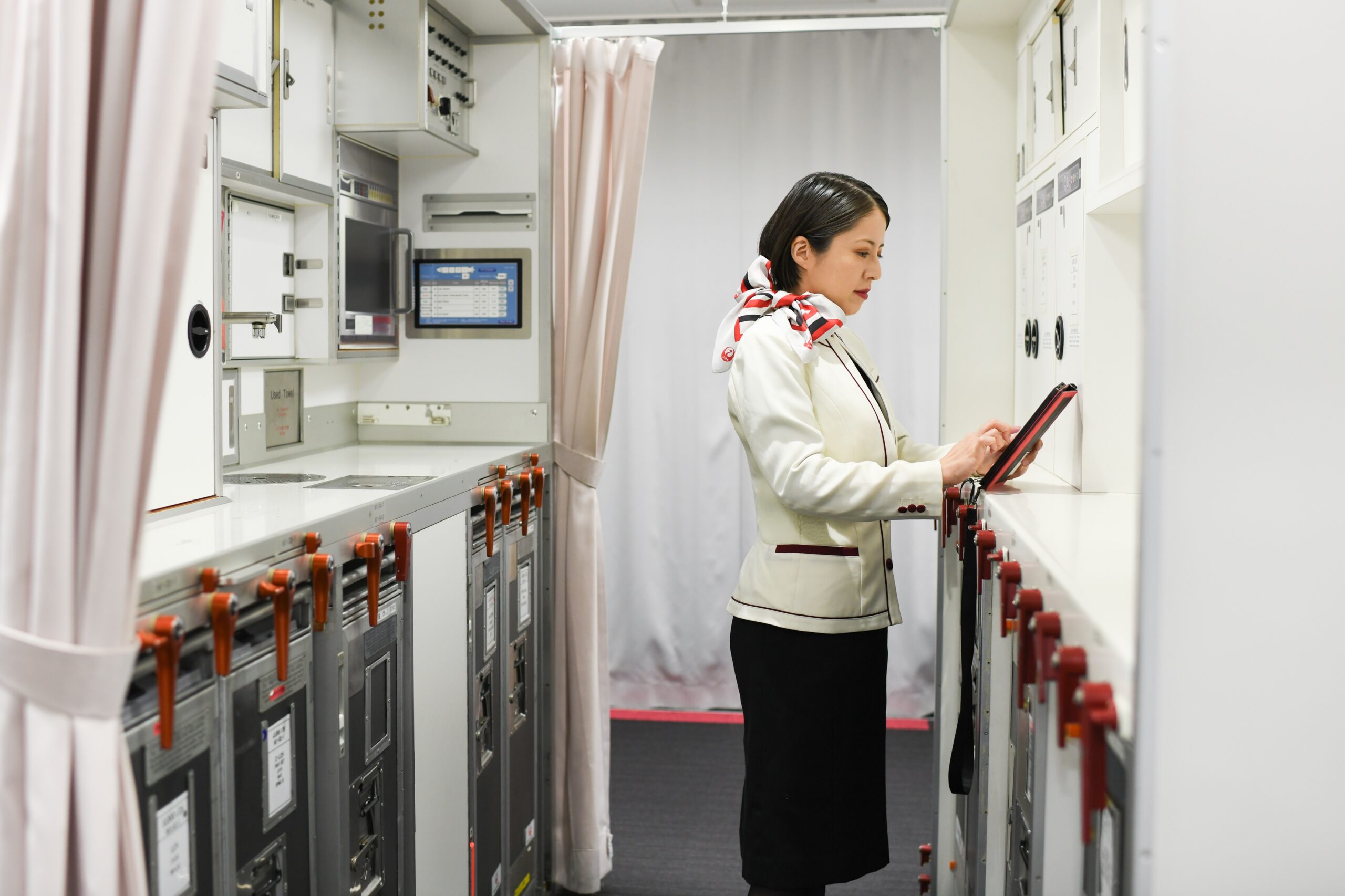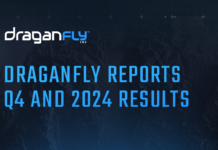Japan Airlines Integrates AI to Enhance Cabin Crew Efficiency
In the dynamic world of aviation, where every second counts and customer satisfaction is paramount, flight disruptions can be a significant challenge. Be it a passenger suddenly falling ill, or an unexpected flight delay, these incidents require prompt and efficient handling by the cabin crew. Traditionally, this process involved creating detailed reports post-flight, which could take up a significant portion of the crew’s time. However, Japan Airlines (JAL) is pioneering a solution that marries technology with efficiency: the JAL-AI Report app.
A Leap Towards Efficiency
Japan Airlines, a prominent name in global aviation, has embarked on an innovative journey to revolutionize how flight disruptions are reported and managed. Recognizing the time-intensive nature of post-flight reporting, JAL is developing an AI-powered application that simplifies the process for its cabin crew. This application leverages artificial intelligence to craft handover reports with minimal input from the crew, allowing them to focus more on delivering exceptional customer service.
Keisuke Suzuki, a senior vice president at JAL’s Digital Technology Department, highlights the app’s potential, stating, “The JAL-AI Report enhances our cabin attendants’ productivity by reducing the administrative workload. It allows them to devote more time to customer service.”
The Technology Behind JAL’s Innovation
The JAL-AI Report app is built on Microsoft’s Phi-4 Small Language Model (SLM). Unlike larger language models that require substantial computing resources, SLMs are designed for specific, localized tasks and can operate offline. This is particularly beneficial for the aviation industry, where connectivity can be inconsistent. The app enables cabin attendants to enter a few keywords and select from a series of checkboxes to generate comprehensive reports efficiently, even mid-flight.
Initial testing has shown promising results, with the app reducing the report generation time by up to two-thirds. What used to take an hour can now be accomplished in about 20 minutes, and simpler cases can be handled in as little as 10 minutes. Furthermore, the app includes a feature to seamlessly translate reports from Japanese to English, catering to the needs of international flights.
Creating a Seamless Offline Experience
Japan Airlines operates a vast fleet of 227 aircraft, serving 66 countries and regions. The airline’s commitment to enhancing the passenger experience is reflected in its consistent performance, ranking sixth in customer satisfaction globally according to Skytrax. The development of the JAL-AI Report app is a testament to this commitment, ensuring that cabin crew can efficiently manage their reporting duties without being hampered by connectivity issues.
The collaboration between JAL and Microsoft’s Azure AI Foundry, utilizing the Phi-4 SLM, has been instrumental in this project. Ryuto Ikeuchi, an AI engineer from Headwaters, explains the fine-tuning process, which involved analyzing 100 previous reports to optimize the app’s performance. The goal is to ensure the app functions effectively in low-connectivity environments, such as during flights or on airport ramps.
Pioneering Change in Aviation Tech
JAL’s choice of the Phi-4 SLM was strategic, considering the varying levels of Wi-Fi connectivity available during flights. Manabu Yamawaki, manager of security planning in JAL’s System Management Department, spearheads the airline’s generative AI initiatives. He emphasizes the importance of a model that can function independently of constant internet access, ensuring reliability in all conditions.
A Veteran’s Perspective on Innovation
Takako Ukai, a seasoned cabin attendant with 35 years at JAL, reflects on the evolving landscape of aviation. With the rise of low-cost carriers, there’s an increased demand for high-quality service from full-service airlines like JAL. The challenge, she notes, is to consistently exceed passenger expectations.
Previously, incidents required verbal communication between flights, but now, official reports are a necessity. Ukai, part of JAL’s employee experience team, provides insights from a cabin attendant’s perspective to the digital transformation team. The current process involves filling out a template on a tablet, often requiring input from multiple sources, which can be disrupted by in-flight duties.
The JAL-AI Report app streamlines this process. It guides attendants through checkboxes to categorize incidents, followed by a brief summary using keywords. This method not only saves time but also ensures accuracy by prompting additional questions to prevent omissions.
Enhancing Report Quality and Consistency
For JAL, the implementation of the AI app is about more than just time savings. Of the approximately 1,000 flights JAL operates daily, a fraction involves incidents requiring reports. These reports are crucial for various departments, from security to customer service, to ensure seamless operations.
Yamawaki foresees improvements in report quality as well. Currently, some attendants include excessive details, a practice the app can help standardize. The end goal is a system that works flawlessly offline, and the proof-of-concept phase ending in March will be a significant milestone.
Looking ahead, Yamawaki envisions an app capable of processing verbal accounts, transcribing and summarizing them into reports. Improved voice handling is a priority for future developments.
A Broader AI Integration
The JAL-AI Report is part of a broader initiative to integrate generative AI across the airline. Since mid-2023, all of JAL’s 36,500 employees have had access to AI tools under the JAL-AI Home umbrella on Microsoft’s Azure OpenAI platform. These tools assist with administrative tasks, such as drafting emails and translating documents, streamlining operations across the company.
Keisuke Suzuki encapsulates the airline’s vision: “We see generative AI as central to our business, bringing transformative changes to our operations and customer service. We are excited to have AI and humans working together.”
Conclusion
Japan Airlines’ endeavor to integrate AI into its operations exemplifies a forward-thinking approach to modern aviation challenges. By optimizing cabin crew efficiency through the JAL-AI Report app, the airline not only enhances service delivery but also sets a precedent for technological innovation in the industry. As AI continues to evolve, JAL’s commitment to leveraging this technology promises to redefine the future of air travel.
For more Information, Refer to this article.


































